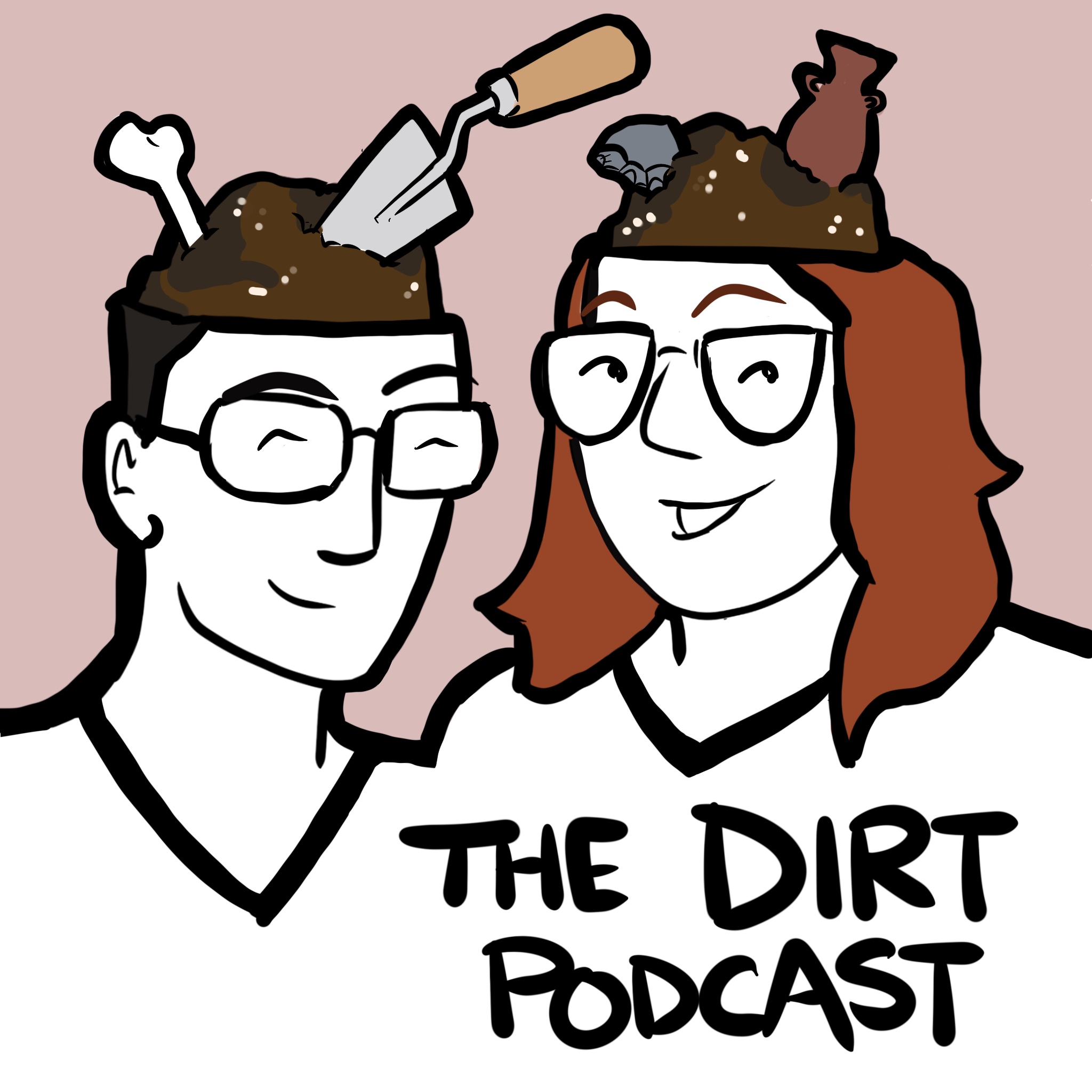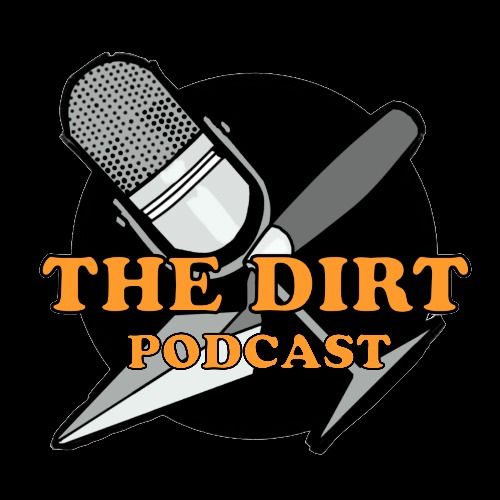Episode 192
Video Game Archaeology with Dr. Bill Farley - Ep 192
There are surprising intersections between video game creation and archaeology, and that, of course, comes along with the good, the bad, and the ugly parts of mining ancient history for content creation. Neither Anna nor Amber really grew up playing video games, so we are extremely lucky to have a guest expert, Dr. Bill Farley, Associate Professor of Anthropology at South Connecticut State University. Bill will be our guide on the subject. The Toad to our Mario Party. Right? That’s a thing, right?
Connect with James on Twitter: @paleoimaging
Links
Contact
- Email the Dirt Podcast: thedirtpodcast@gmail.com
ArchPodNet
- APN Website: https://www.archpodnet.com
- APN on Facebook: https://www.facebook.com/archpodnet
- APN on Twitter: https://www.twitter.com/archpodnet
- APN on Instagram: https://www.instagram.com/archpodnet
- Tee Public Store

